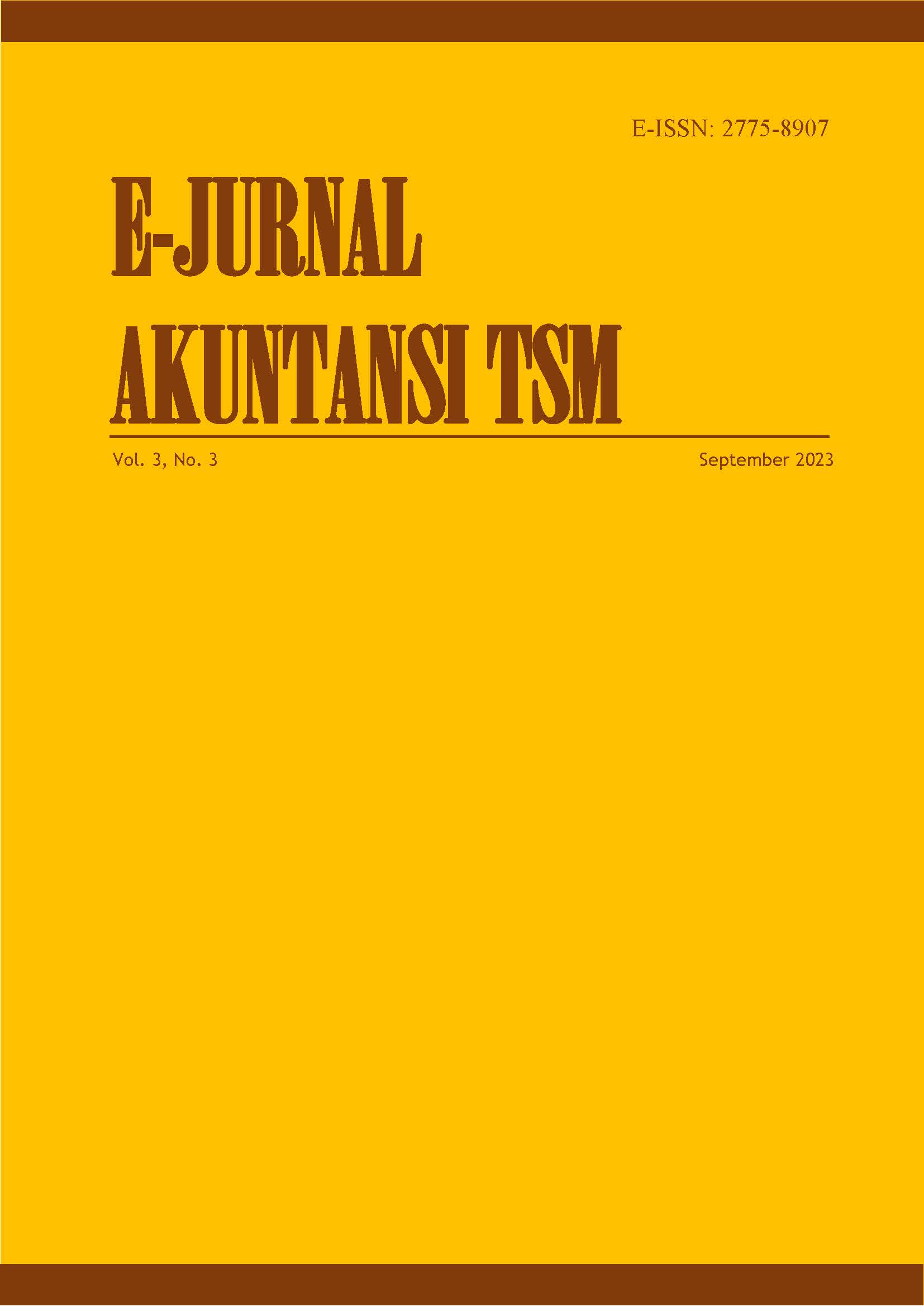MENGUJI POTENSI KECURANGAN LAPORAN KEUANGAN BERDASARKAN FRAUD HEXAGON
DOI:
https://doi.org/10.34208/ejatsm.v5i2.2846Keywords:
Auditor Turnover, Director Turnover, Financial Statement Fraud, Fraud HexagonAbstract
This study investigates the potential for financial statement fraud in Indonesian retail companies using the Fraud Hexagon approach, a theoretical model encompassing six elements: situational pressure, capability, collusion, opportunity, rationalization, and ego. The study utilizes secondary data from the annual financial statements of retail companies listed on the Indonesia Stock Exchange (IDX) for the 2020–2022 period, reflecting conditions during the COVID-19 pandemic, selected through purposive sampling. Data analysis was conducted using SPSS version 26 with a multiple linear regression method. The results reveal that auditor and director turnover significantly influence the potential for financial statement fraud, while other elements, such as financial targets, ineffective oversight, CEO photo frequency, and collusion, show no significant impact. These findings highlight the pandemic as a situational pressure that can amplify fraud risk dynamics while emphasizing the critical role of leadership changes and external oversight in either promoting or mitigating financial statement manipulation. This study provides practical and theoretical contributions to efforts in detecting and preventing financial statement fraud, offering insights to strengthen corporate governance through risk mitigation strategies based on the Fraud Hexagon framework.
Downloads
Published
Issue
Section
License
Copyright (c) 2025 E-Jurnal Akuntansi TSM

This work is licensed under a Creative Commons Attribution-ShareAlike 4.0 International License.



















